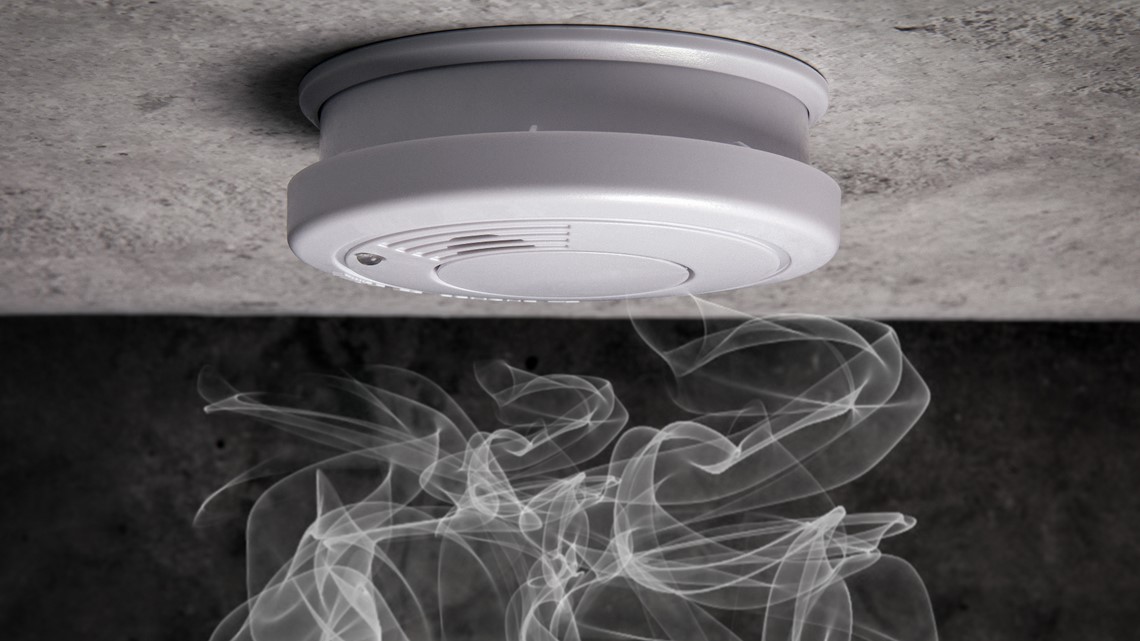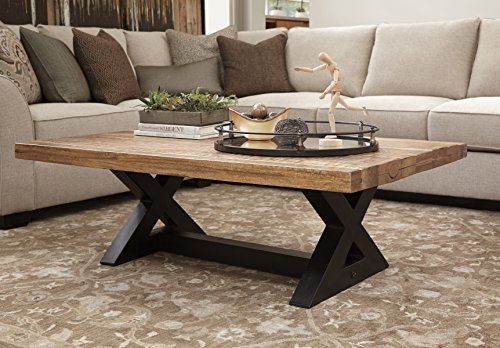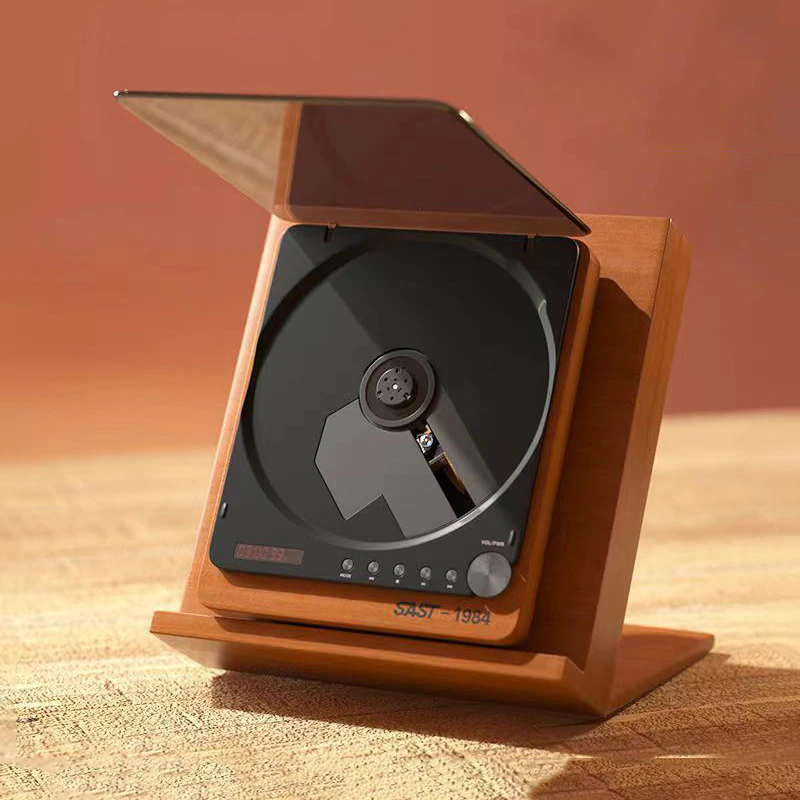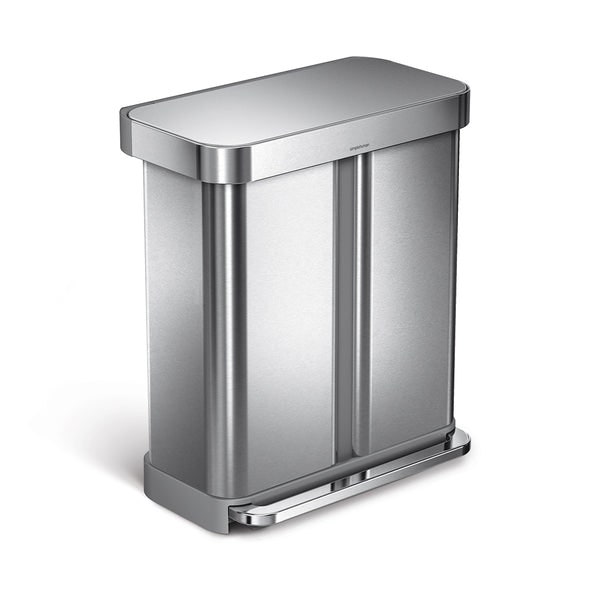1. Introduction
Picture this: It’s a chilly winter evening, and you’ve just come home after a long day of work. All you want is to step into a cozy and warm abode. But without a proper heater, your house feels more like an icebox. Don’t despair! We’re here to guide you through the process of choosing the perfect heater for your home. From understanding the different types of heaters available to considering their efficiency and safety features, we’ve got you covered. Say goodbye to shivering nights and say hello to a toasty paradise!
[amazon bestseller=”Heater” items=”10″]
2. Understanding the Importance of Choosing the Right Heater
2.1 Why it Matters
When it comes to creating a comfortable living environment, a quality heater is an essential investment. Not only does it provide warmth during the colder months, but it also helps maintain a consistent temperature that supports your overall well-being. Choosing the right heater impacts not only your comfort but also your energy bills and the environment. By opting for an energy-efficient model, you can save on heating costs while reducing your carbon footprint.
2.2 The Variety of Heating Options
You might be surprised by the array of heating options available on the market today. From traditional gas and electric heaters to innovative radiant panels and stylish electric fireplaces, each type comes with its own unique features and benefits. Understanding the differences and advantages of these options will help you make an informed decision based on your specific needs and preferences.
3. Exploring the Key Concepts of Home Heating
3.1 Efficiency: The Holy Grail of Heating
Efficiency matters when it comes to heating your home. By opting for a heater with high energy efficiency, you can save money on your utility bills and reduce your environmental impact. Understanding the concept of energy efficiency and the various ratings associated with heaters will enable you to make a smart choice for your home, saving you both energy and money in the long run.
3.2 Safety: The Warmth Without Worry
Safety should always be a top priority when selecting a heater. Whether you have curious kids or pets at home, or you simply want peace of mind, choosing a heater that incorporates safety features is crucial. From tip-over switches that automatically shut off the heater if it accidentally falls over to overheat protection mechanisms that prevent overheating accidents, having these safety features can help you sleep soundly at night while enjoying the coziness of your heated home.
3.3 Size and Capacity: Finding the Perfect Fit
Just like Goldilocks searching for the right porridge, you need a heater that’s not too big and not too small but just the right size to warm your home effectively. Understanding the concept of heating capacity and matching it with the size of your space is vital. Whether you have a small room, a large living area, or an entire house to heat, we’ll walk you through the calculations and help you determine the ideal heater size for your specific requirements. No more sweating or shivering excessively – just an optimal level of warmth for your cozy haven.
4. Practical Applications
4.1. Bedrooms
Are you tired of waking up on chilly mornings with cold feet? A heater in your bedroom can make all the difference! Not only will it keep you cozy during those frosty nights, but it will also create a warm and inviting ambiance. Look for a heater that is compact, quiet, and has adjustable temperature settings. That way, you can easily find your ideal comfort level without disturbing your peaceful sleep.
4.2. Living Rooms
The living room is the heart of your home, where you spend quality time unwinding and entertaining guests. A heater in your living room can ensure a comfortable environment for everyone. Consider a heater that is both functional and visually pleasing, like a stylish electric fireplace or a sleek space heater that can effortlessly blend with your decor. Choose one with multiple heat settings so you can customize your comfort depending on the weather.
4.3. Bathrooms
Stepping out of a warm shower into a chilly bathroom is far from pleasant. That’s where a bathroom heater comes in handy! These heaters are designed to quickly warm up small spaces, making your post-shower experiences cozy and enjoyable. Look for a heater with waterproof features and a built-in fan to prevent condensation on the walls. Additionally, consider one with a timer function so you can schedule it to turn on before you step into the bathroom.
5. Benefits
5.1. Energy Efficiency
Choosing an energy-efficient heater for your home not only keeps you warm but also reduces your carbon footprint. Look for heaters with high energy star ratings or those that use innovative technologies like infrared or ceramic heating elements. These technologies effectively distribute warmth while consuming less energy, helping you save on your utility bills without compromising coziness.
5.2. Zone Heating
Do you find yourself constantly adjusting the thermostat throughout your home to accommodate everyone’s preferences? Zone heating allows you to have individual control over the temperature in different areas, leading to energy savings. By utilizing space heaters or electric radiant panels in specific rooms, you can target warmth where you need it most and avoid wasting energy on heating unoccupied spaces.
5.3. Versatility
Heaters for homes come in various types and sizes, catering to different heating needs. Whether you prefer the convenience of a portable heater, the elegance of wall-mounted units, or the aesthetic appeal of a fireplace, there is a heater to suit every style and preference. With versatile options available, you can easily find a heater that matches your decor while providing the desired level of warmth.
6. Instructions and Explanations
6.1. Safety First
Before purchasing a heater, it is crucial to prioritize safety. Look for heaters with built-in safety features, such as tip-over and overheating protection. These mechanisms ensure that the heater automatically shuts off if it accidentally tips over or reaches dangerous temperatures, preventing fire hazards. Additionally, keep flammable objects away from heaters and never leave them unattended for extended periods.
6.2. Proper Placement
To maximize the efficiency of your heater, it’s important to place it in the right location. Avoid obstructing the airflow by ensuring there is ample clearance around the heater. For portable heaters, keep them at least three feet away from curtains, furniture, and other combustible materials. Wall-mounted heaters should be positioned at a height that allows for efficient heat distribution while keeping them out of reach of children and pets.
6.3. Maintenance and Cleaning
Regular maintenance and cleaning of your heater are essential to prolong its lifespan and ensure optimum performance. Follow the manufacturer’s instructions for cleaning, which may involve simply wiping the exterior with a damp cloth and removing dust from the intake vents. Ensure that the heater is unplugged and completely cooled down before performing any maintenance tasks. By keeping your heater clean, you can enjoy reliable and efficient warmth for years to come.
Remember, choosing the right heater for your home depends on your specific needs and preferences. Consider the practical applications, benefits, and follow the provided instructions to make an informed decision that enhances your comfort while adding warmth and coziness to your living spaces.
7. Alternatives to Traditional Heaters
7.1. Heat Pumps
If you’re looking for a more energy-efficient and eco-friendly option, consider heat pumps. These appliances transfer heat from one place to another, either extracting it from the outside air or the ground. Heat pumps are particularly effective in moderate climates, as they can function both as a heater and an air conditioner. While they may have a higher upfront cost than traditional heaters, their long-term benefits are worth considering.
7.2. Radiant Heating
Radiant heating systems work by distributing heat directly to the objects or surfaces in a room, rather than heating the air. They are often installed under the floor, making them a popular choice for those seeking a comfortable and even heat distribution. Although they might not warm up a large space as quickly as traditional heaters, radiant heating provides a cozy and consistent warmth that many find appealing.
8. Considering the Potential Risks
8.1. Fire Hazards
Safety should always be a top priority when choosing a heater. While most modern heaters have built-in safety features, it’s crucial to consider any potential fire hazards. Keep flammable materials at a safe distance from the heater and never leave it unattended while in use. Also, ensure that the heater is installed correctly and that any necessary ventilation requirements are met to prevent the risk of carbon monoxide poisoning.
8.2. Energy Efficiency
While heaters are essential appliances for comfort, they can account for a significant portion of your energy consumption. Consider the energy efficiency of different heating options and look for models with high energy star ratings. Opting for a heater with programmable features can help you regulate the temperature and save energy when you’re not at home.
9. Making the Right Choice for Your Home
Choosing the right heater for your home is a decision that ultimately depends on your specific needs and preferences. It’s essential to take into account factors such as the size of your space, your climate, energy efficiency requirements, and safety considerations.
Remember, the best heater for one person might not be the best for someone else. So, take your time to explore different options, read customer reviews, and seek expert advice if needed. Prioritize your comfort and long-term energy savings, but don’t forget to consider the durability and reliability of the heater.
In the end, finding the perfect heater for your home is like finding the perfect companion to keep you warm during those chilly winter nights. With the right research and careful consideration, you’ll be able to enjoy a cozy and comfortable atmosphere without breaking the bank. So, go ahead and make an informed decision that will make winter a lot more bearable for you and your family. Stay warm!
Frequently Asked Questions
1. What factors should I consider when choosing a heater for my home?
When choosing a heater for your home, you should consider factors such as the size of the space you want to heat, your budget, energy efficiency, safety features, and the type of heater that suits your needs and preferences.
2. Are there different types of heaters available for homes?
Yes, there are various types of heaters available for homes. Common options include central heating systems, electric heaters, gas heaters, radiant heaters, and portable heaters. Each type has its own advantages and considerations, so understanding your specific requirements will help you make the best choice.
3. How do I determine the right size of heater for my space?
To determine the right size of heater for your space, you need to calculate the square footage of the area to be heated. You can then refer to the heating capacity of the heater, usually measured in BTUs (British Thermal Units), and choose a heater that matches or exceeds the recommended BTU rating for your space size.
4. What are some key safety features to look for in a heater?
When buying a heater, it’s important to look for safety features such as tip-over protection, overheating protection, and cool-touch exteriors. These features help prevent accidents and ensure the safe use of the heater, especially if you have children or pets at home.
5. How can I ensure energy efficiency when selecting a heater?
To ensure energy efficiency when selecting a heater, look for heaters with an Energy Star label. This certification indicates that the heater meets or exceeds strict energy efficiency guidelines. Additionally, choosing a heater with programmable thermostats and adjustable heat settings allows you to control the temperature and reduce energy consumption.














